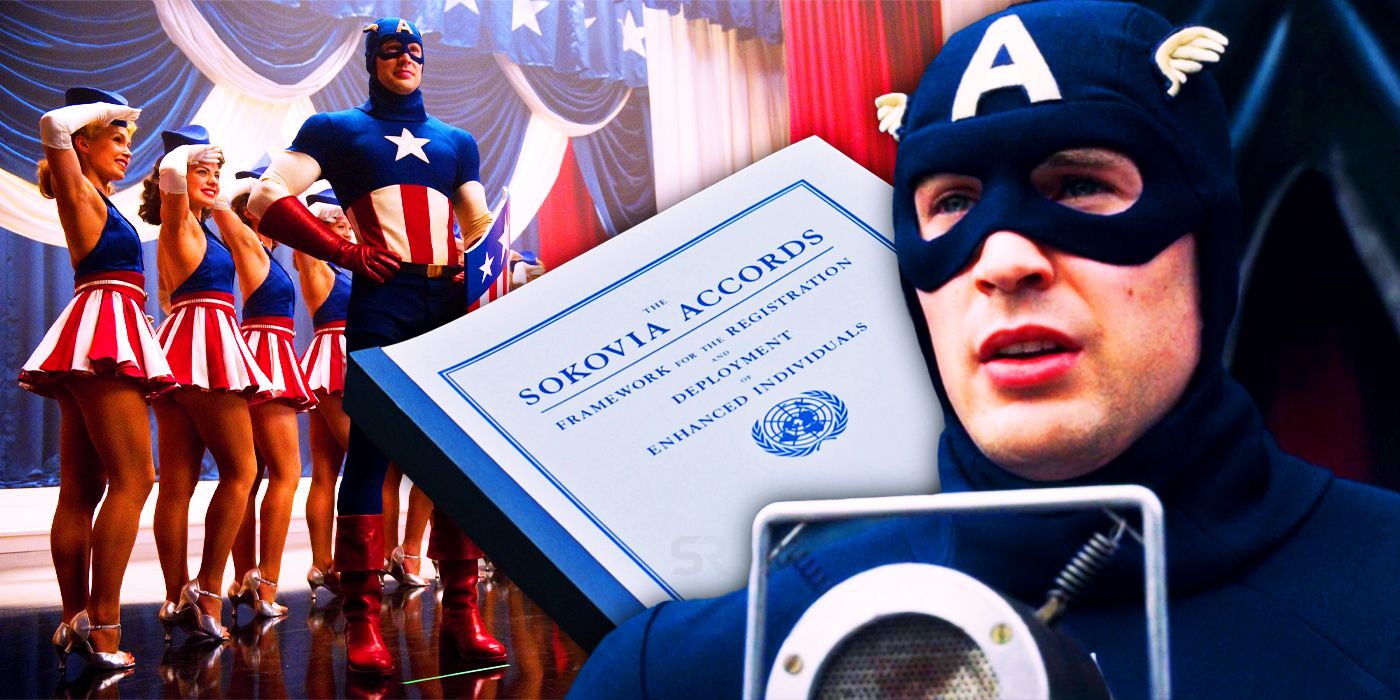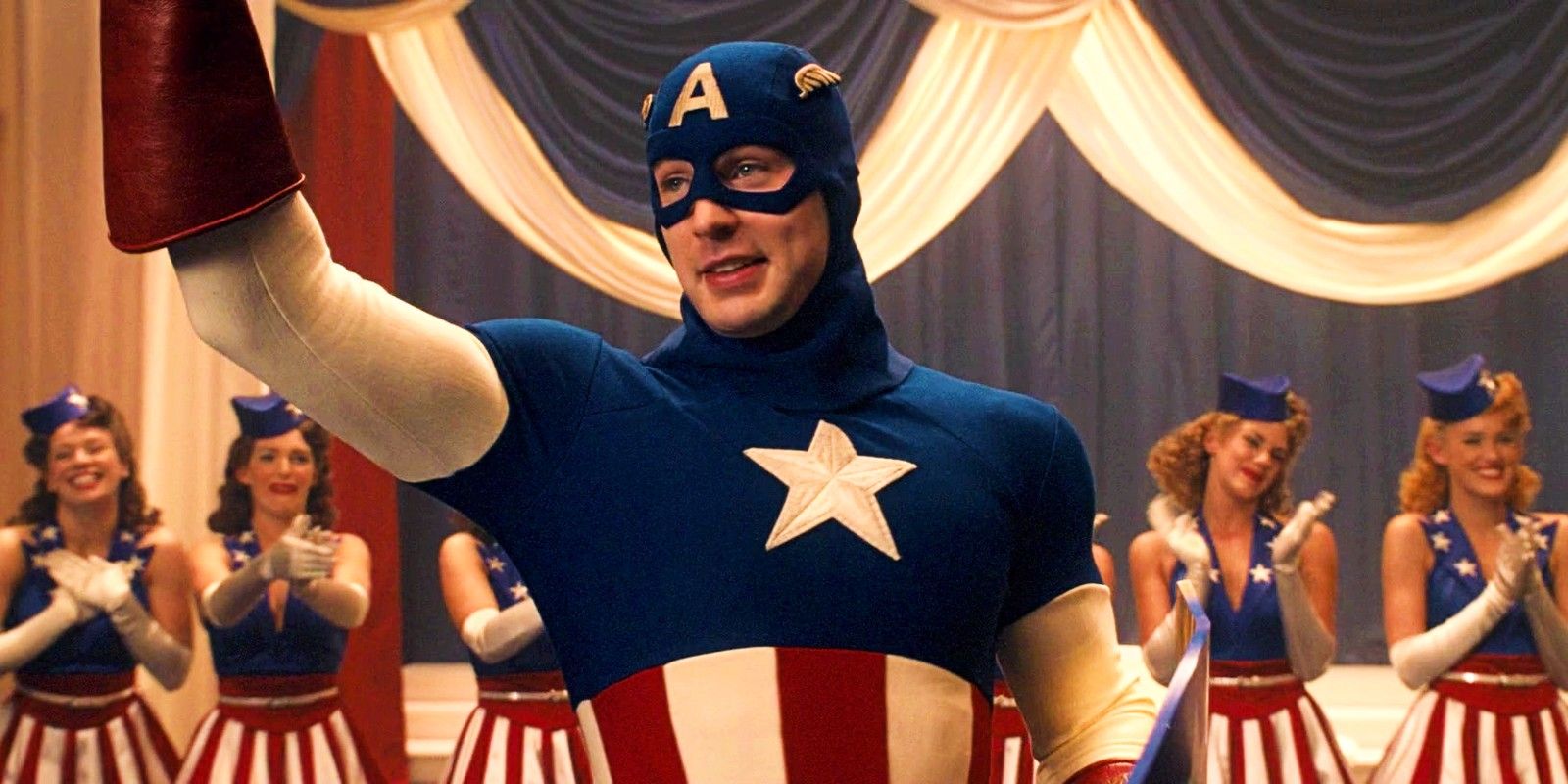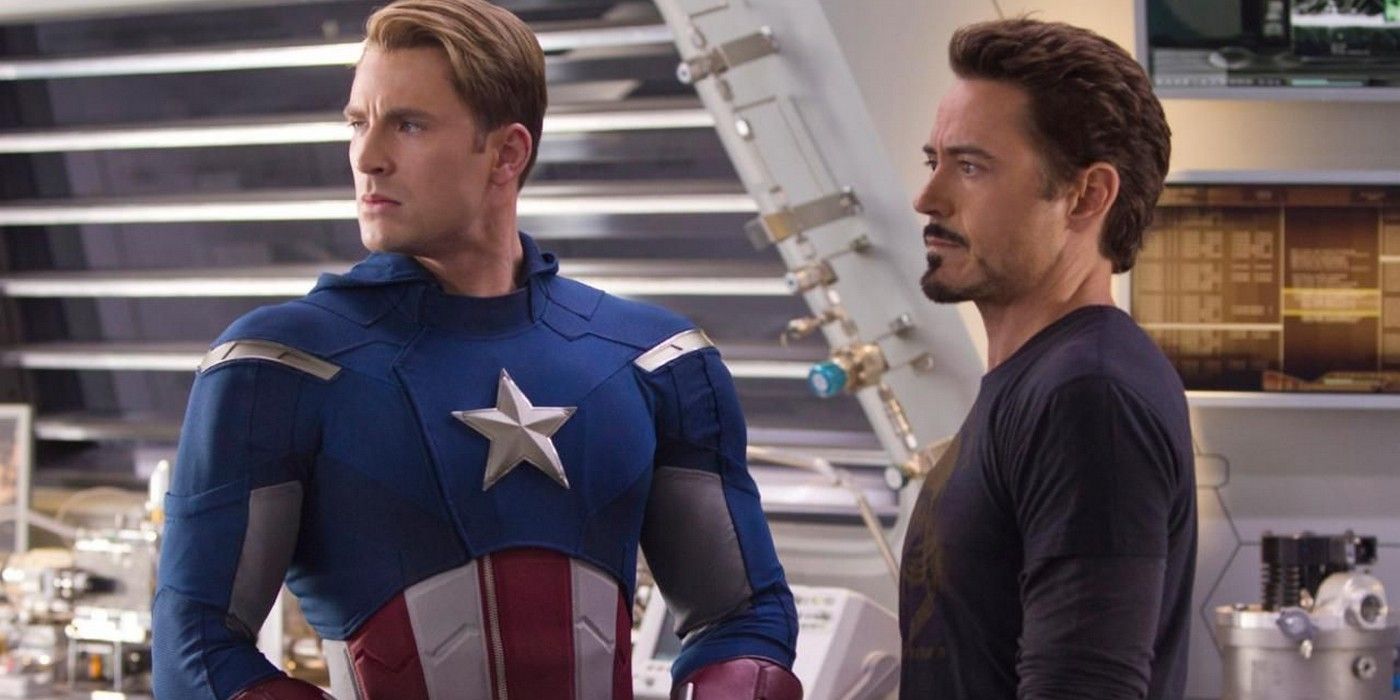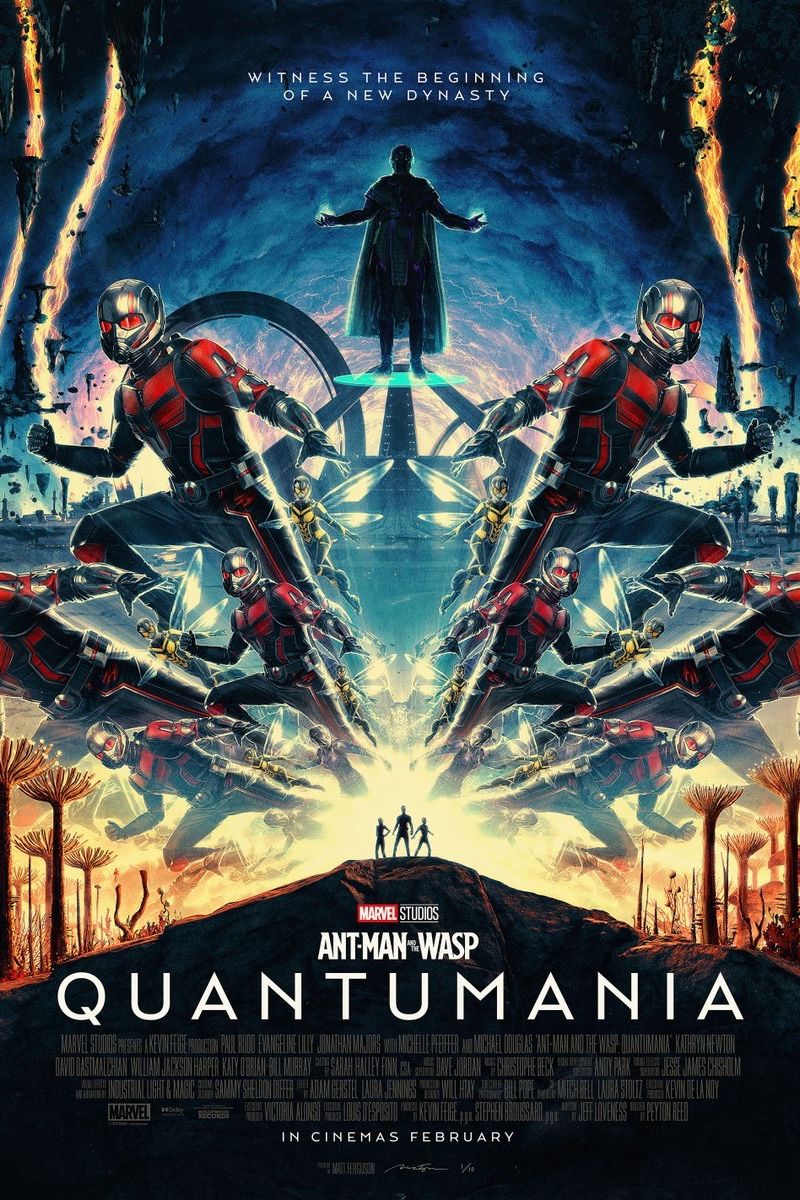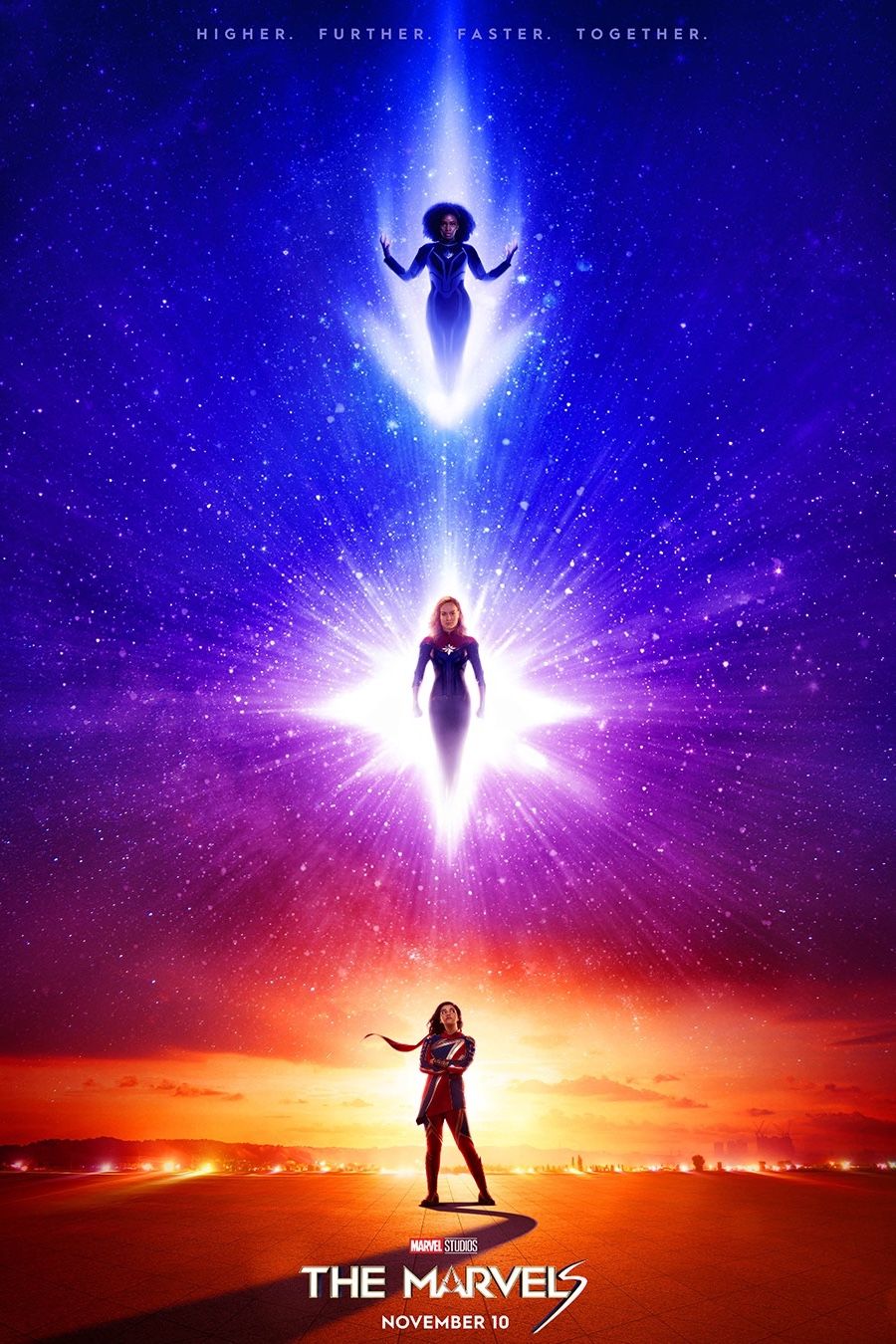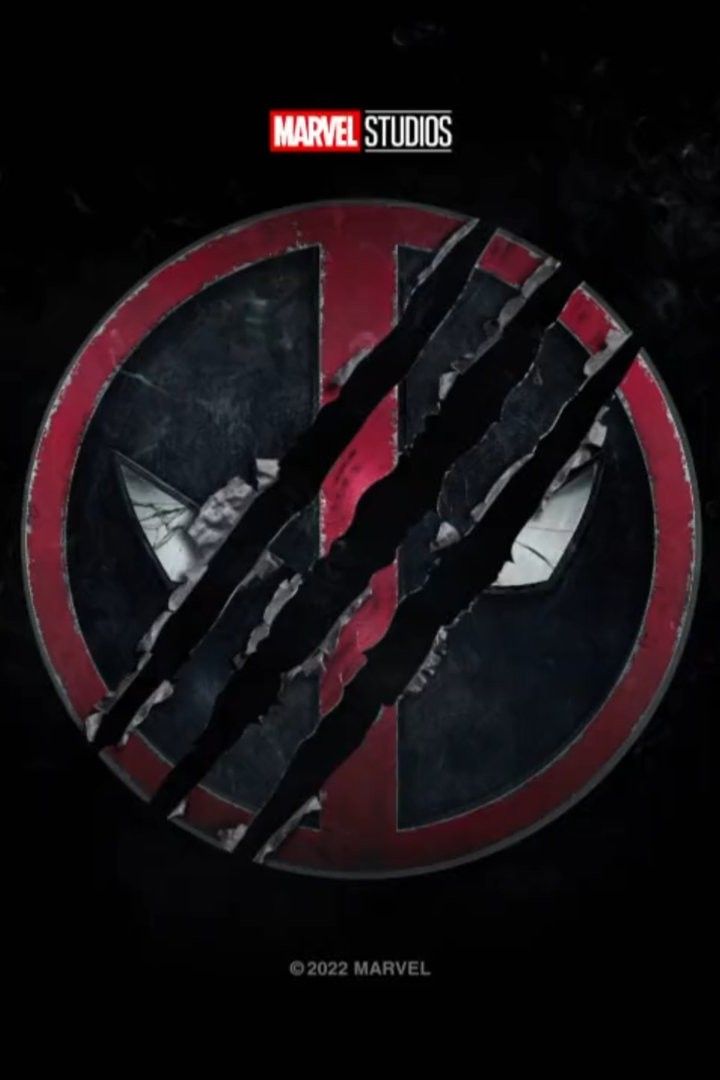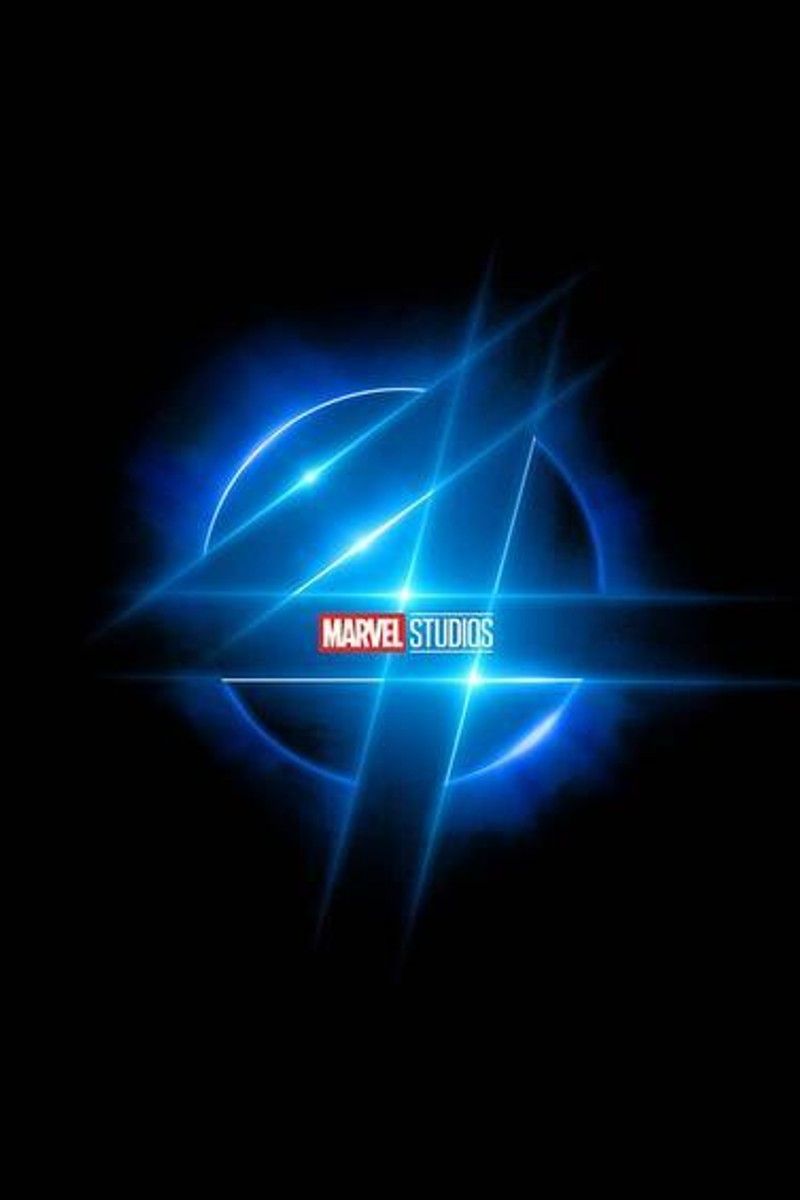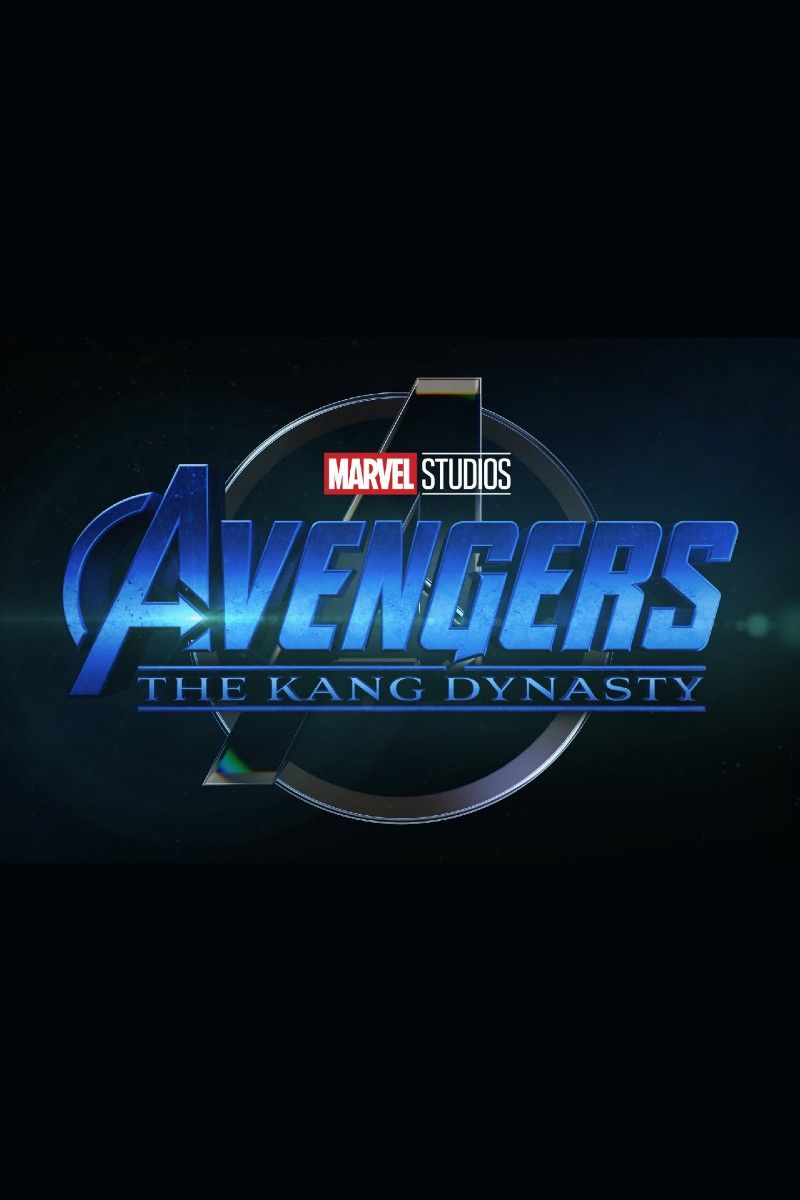Steve Rogers' Captain America missed his perfect argument against the Sokovia Accords in Captain America: Civil War. After Ultron's devastation of Sokovia in Avengers: Age of Ultron, the United Nations aims to pass the Sokovia Accords: Framework for the Registration and Deployment of Enhanced Individuals. While Tony Stark leads the argument for the Accords, Steve Rogers argues against them. He doesn't like the idea of reporting to the UN, saying, "If we sign this, we surrender our right to choose."
Rogers points out that the panel could send the Avengers places they don't think they should go or refuse to let them go somewhere that needs them. While these are fair arguments, they are hypothetical, and there is a concrete example Steve could have cited. Secretary of State Thaddeus Ross says the Accords state, "The Avengers shall no longer be a private organization. Instead, they'll operate under the supervision of a United Nations panel only when and if that panel deems it necessary." 117 countries want to sign the Accords, but the proposal immediately divides the Avengers.
Captain America's Life Was A Perfect Argument Against The Sokovia Accords
Steve's best argument against the Sokovia Accords would have been his life as Captain America in the 1940s. After taking the super serum in Captain America: The First Avenger, he was forced to be a performer instead of the soldier he had signed up to be. When he found out his best friend, future Winter Soldier Bucky Barnes, and the rest of the 107th unit were imprisoned behind enemy lines, Steve disobeyed orders, infiltrated the HYDRA facility, and saved hundreds of men. If he had followed orders, the entire unit would have died and Bucky may have become the Winter Soldier earlier—turning the tides in favor of HYDRA and the Nazis.
The United Nations wants the Avengers to be a poster team that does whatever they want while assuring regular people the world is under control, exactly what Captain America was being used for initially. Of course, that was just a façade to hide the horrors of war from people and to promote war bonds. If Steve had used his own early experiences as Captain America in the MCU to argue against the Sokovia Accords, more of the other Avengers may have listened to him.
Captain America's Sokovia Accords Arguments Prove His Biggest Flaw
Steve's hypothetical arguments with no reference to his life prove his biggest flaw is his self-sacrificing nature. His rebellion in Captain America: The First Avenger came naturally to him. He doesn't bring it up to the other Avengers because he thinks it's what anyone in his position would have done. In fact, others in his position—Howard Stark and Peggy Carter—did help him. But not all the Avengers, namely Tony, think the same way as Cap.
Tony does learn from Steve though, leading to his own sacrifice in Avengers: Endgame. And though most of the original Avengers are no longer around or active after Endgame, the Sokovia Accords are repealed within a few years, as shown in She-Hulk: Attorney at Law. Ultimately, Steve was right. But even if he had made a better argument in Captain America: Civil War, the Sokovia Accords probably still would have passed, and he still would have ended up on the run, but maybe more of his team would have been by his side.

